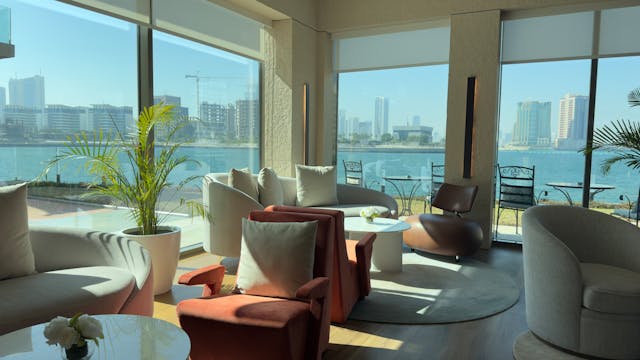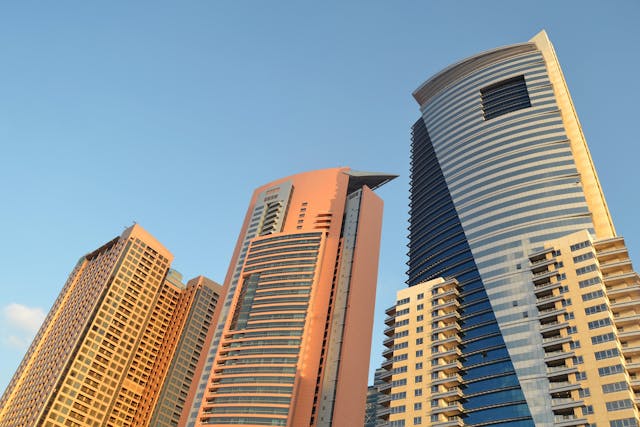Managing property in Dubai offers unique opportunities but comes with strict regulations. Dubai’s vibrant real estate market attracts investors worldwide, making it crucial for property managers and owners to understand the local rules and best practices.
Navigating Local Regulations
Property management in Dubai is governed by well-defined laws aimed at protecting both owners and tenants. The Dubai Land Department (DLD) and the Real Estate Regulatory Agency (RERA) oversee the industry, ensuring transparency and fairness.
Rental contracts must comply with the regulations set forth by RERA. Standardized lease agreements, commonly referred to as Ejari contracts, are mandatory. These agreements must be registered through the Ejari system, a platform designed to streamline lease documentation and minimize disputes.

Eviction laws in Dubai are strict and favor tenant rights under most circumstances. Property managers must understand the rules for termination, which require specific notice periods and justifiable reasons, such as non-payment or the owner’s need to occupy the property. Missteps in this area can lead to legal complications.
Security deposits must be managed carefully. DLD regulations require clear documentation of the deposit amount and the conditions under which it will be returned. Proper handling of these funds builds trust with tenants and avoids disputes.
Meeting Tenant Expectations
Dubai’s property market is competitive, with tenants expecting high-quality amenities and excellent service. Property managers who consistently meet these expectations attract long-term tenants and maximize rental income.
Well-maintained facilities are essential. Tenants in Dubai often prioritize features like swimming pools, gyms, and parking spaces. Regular maintenance ensures these amenities remain functional and appealing.
Fast response times to tenant requests set great property managers apart. Whether it’s a plumbing issue or a question about the lease, timely communication reassures tenants that their concerns are taken seriously.
Providing detailed property handovers is another way to meet tenant expectations. Walkthroughs with clear documentation of the property’s condition at the start of the lease help avoid disputes at move-out.
Managing Service Charges and Fees
Service charges are a common feature of property ownership in Dubai. These fees cover the maintenance of shared facilities, such as elevators, lobbies, and landscaping. Understanding how these charges are calculated and ensuring they are paid on time is a key responsibility for property managers.
Owners often expect transparency regarding these costs. Providing detailed reports on how service charges are spent helps build trust and ensures compliance with community management regulations.
Late or unpaid service charges can result in penalties or legal action from the homeowners’ association or developer. Staying on top of these payments avoids complications and protects the property’s reputation.
Leveraging Dubai’s Real Estate Technology
Dubai has embraced technology in property management, offering tools that streamline operations and improve tenant experiences. The Ejari platform is just one example, but other digital solutions are available for rent collection, maintenance scheduling, and communication.
Smart home technologies are gaining popularity, especially in newer developments. Property managers who can integrate and manage systems like automated lighting, temperature control, and security monitoring appeal to tech-savvy tenants.
Marketing platforms tailored to Dubai’s real estate market make finding tenants easier. Listing properties on popular local portals ensures wide visibility and attracts qualified leads.
Understanding Cultural Expectations
Dubai is home to a diverse population, and property managers must be sensitive to cultural differences. Tenants may come from various backgrounds, and understanding these nuances ensures smooth interactions.
Respect for privacy and clear communication is critical. Tenants value transparency about property rules, maintenance schedules, and any visits required for inspections or repairs.
During Ramadan, property managers should be mindful of the traditions observed by Muslim tenants. Avoiding disruptions during prayer times and respecting fasting hours demonstrates cultural awareness.
Opportunities for Growth in Dubai’s Market
The real estate market in Dubai offers significant opportunities for property managers willing to adapt to its unique environment. Short-term rentals have seen a rise in demand, especially in areas popular with tourists and business travelers. Managing properties for platforms like Airbnb or Booking.com can generate higher income than traditional leases.

Luxury property management is another growth area. Dubai’s high-end developments attract wealthy tenants who expect personalized service. Property managers in this niche often handle everything from concierge services to coordinating custom interior designs.
Investors from abroad frequently look for property managers to oversee their investments. Offering tailored services, such as rent collection, maintenance coordination, and regular financial reporting, can secure long-term clients.
Staying Ahead of Market Trends
Dubai’s real estate market is constantly shifting, influenced by government policies, tourism trends, and global economic conditions. Property managers who monitor these changes can make informed decisions about rental pricing, marketing strategies, and property upgrades.
Upcoming projects like Expo City and the continued development of areas like Dubai South create new opportunities. Being aware of these developments helps property managers position their portfolios for maximum success.
Strong local knowledge and a commitment to excellent service are essential for navigating Dubai’s property management market. Those who master the rules and seize opportunities will find this city offers remarkable potential for success.
